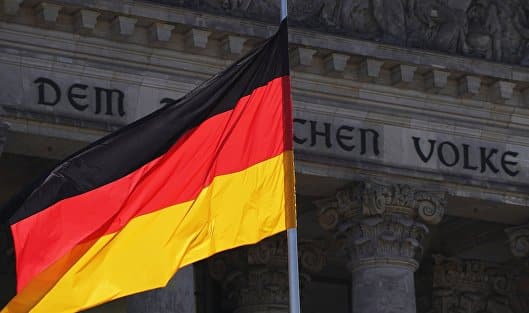MOSCOW, September 5 – PRIME. Germany’s economy, Europe’s largest, is heading into recession despite a new government plan to allocate 65 billion euros ($64.49 billion) to support consumers and businesses amid rising inflation, economists say.
Experts predicted the limit of the weakening of the euro against the dollar
The latest package of support measures, adopted in response to the acceleration of inflation after the outbreak of hostilities in Ukraine in February, amounted to 95 billion euros. Meanwhile, the government has spent 300 billion euros to prop up the economy over the last two years of the coronavirus pandemic.
“The third aid package is unlikely to change the fact that Germany is likely to fall into a recession in the autumn,” said Commerzbank chief economist Jörg Kraemer.
Carsten Brzeski, chief economist at ING, agrees with him: “The aid package probably won’t be able to prevent the start of a recession in the economy.”
According to the definition widely accepted by economists, a recession is a contraction in economic growth for two or more consecutive quarters.
Growth in the German economy was weak in the 2nd quarter, and the conflict in Ukraine, rising energy prices, the pandemic and disruptions in supply chains are now pushing the country’s economy into a recession that may have already arrived.
Data released on Monday showed that activity in the German services sector declined for the second month in a row in August, as domestic demand was pressured by accelerating inflation and weakening consumer confidence.
The suspension of gas supplies to Europe via the Nord Stream 1 pipeline exacerbates problems in Germany, although the country’s gas reserves have reached 85% of storage capacity, data released on Saturday showed. German Chancellor Olaf Scholz said the country “can handle this (crisis).”
“The bailout package cannot change the fact that Germany, a net energy importer, has become poorer,” Kraemer said. “Companies have to reduce energy consumption, which has become expensive, and cut their production accordingly.”















